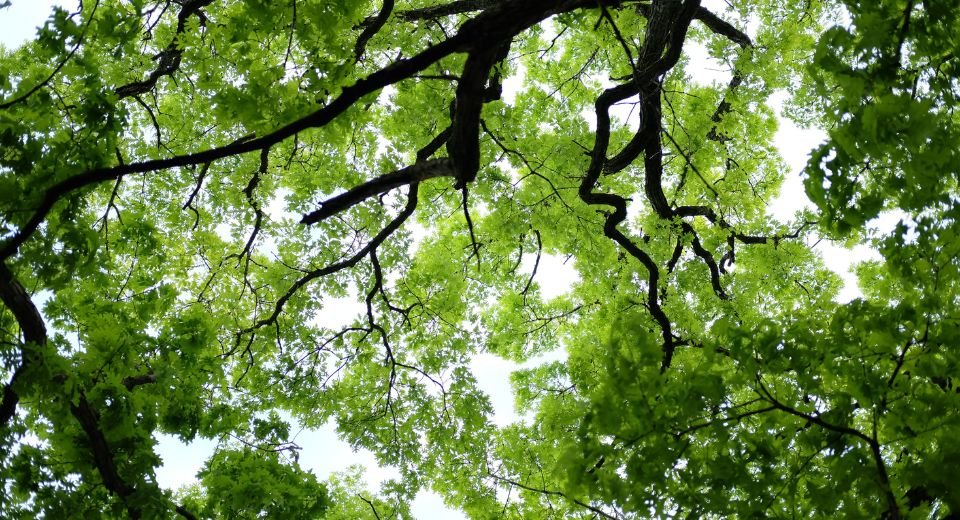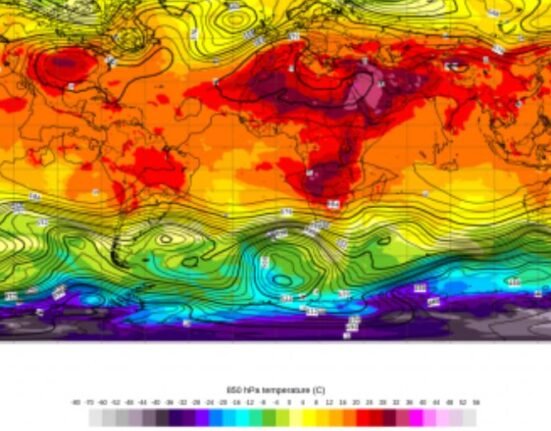HQ Team
August 27, 2023: Global warming may wipe out canopies in tropical forests, with plants no longer able to combine light, CO2, and water to make the sugars that sustain them, according to an international study.
The canopy, which comprises foliage, twigs, fine branches, plants that grow on the surface of other plants, and others that grow between spaces, may reach a potential “tipping point” in photosynthetic function.
For 150 years, scientists have known that when leaves reach a certain temperature, their photosynthetic machinery breaks down. The new study focused on how close the canopies were to reaching the threshold.
Scientists at Chapman University, a private research university in California, have stated that the world’s tropical forests could withstand a nearly 4-degree Celsius increase in air temperature due to climate change before a potential tipping point in photosynthetic function.
No longer function
A small percentage of tropical leaves have already reached or exceeded temperatures at which they can no longer function, according to a peer-reviewed study in the journal Nature.
To determine canopy leaf temperatures the scientists relied on leaf-warming experiments in the canopy to National Aeronautics and Space Administration’s thermal imaging.
“It is remarkable that we can observe the temperature of the world’s tropical forests from an instrument on the International Space Station orbiting 400 km above Earth’s surface and traveling nearly 29,000 km per hour,” said Gregory Goldsmith, Ph.D., associate professor of biological sciences in Chapman’s Schmid College of Science and Technology.
“It is equally remarkable to imagine the painstaking efforts to measure the temperatures of individual leaves in the canopy by hand. We need both the ground- and satellite-based observations to understand the temperatures of tropical forest canopies.”
Africa, Australia
The scientists studied data from across the world’s tropical forests, including those in the Caribbean, Central America, South America, Africa, Australia, and Southeast Asia.
On the heels of the warmest months on record for planet Earth, the study found that the world’s tropical forest canopies may be closer to critical high-temperature thresholds than previously thought.
Moderately ambitious climate-change mitigation could avoid “these dangerous thresholds.”
“While tropical forests have experienced warming in the past, the current increases in temperature are unprecedented,” Mr Goldsmith said. The Amazon is already experiencing slightly higher temperatures than the Congo basin, and it is at greater risk.
If those peak temperatures persist and climate change continues, entire canopies could begin to die, according to the study.
‘Serious implications’
“These findings have serious implications because tropical forests are home to most of the world’s biodiversity and are key regulators of our climate.”
Mr Goldsmith and Joshua Fisher, Ph.D., associate professor of environmental science and policy at Chapman University, were among the international team of 18 scientists, which was led by Dr Christopher Doughty at Northern Arizona University.
“The results do not indicate that reaching a tipping point for tropical forests is fait accompli,” said Mr Goldsmith.
“We still hold in our power the ability to conserve these places that are so critically important for carbon sequestration, water, and biodiversity.”








